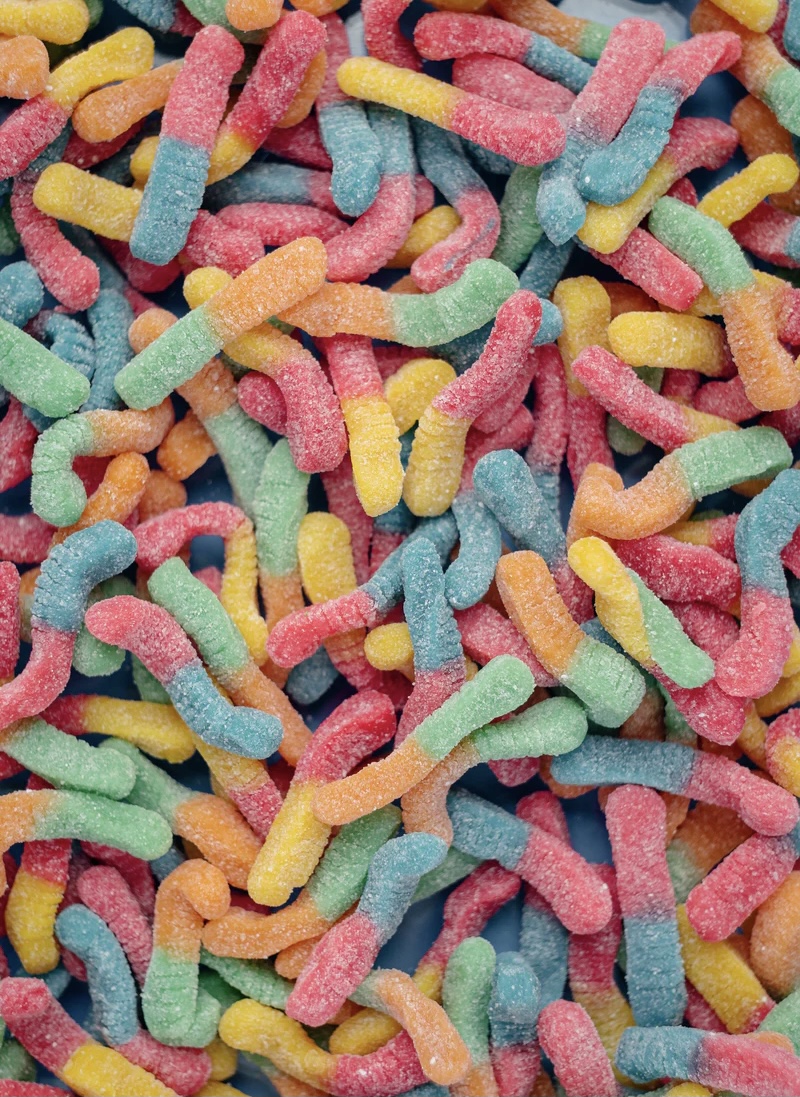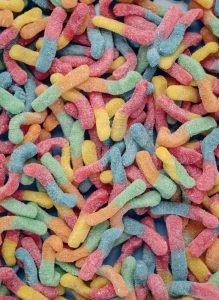
Certain foods are best avoided after age 50.
What we eat is important.
After all, we are what we eat.
Literally.
Our bodies use what we consume as fuel.
In some instances, the fuel benefits our bodily systems.
In other instances, food can cause harm.
According to a recent AARP article titled “5 Foods to Skip After 50,” the consequences of what people eat can become more pronounced with age.
 Inventorying your diet and make appropriate changes can support your long-term health.
Inventorying your diet and make appropriate changes can support your long-term health.
What foods should be avoided?
Fried foods.
Fried foods have a lot of saturated fat.
This particular type of fat can lead to poor blood cholesterol levels.
By swapping a salad for fries at a restaurant, you can lower cholesterol levels.
A good rule of thumb?
When reviewing labels for food, 200 calories of food should have a maximum of two grams of saturated fat.
Sugary drinks.
Although many may consider drinks to fall outside of the category of foods, drinks laden with sugar are not great for the functioning of your body.
Before you get excited because you do not consume soft drinks, you should know many other drinks carry loads of sugar.
These include bottled teas, “fresh” lemonades, and fancy coffees or tea drinks.
Within a daily 2,000 calorie diet, you should limit your sugar calories to 200 grams.
This translates to no more than 50 grams of "added" sugar each day.
Again, read the product labels.
Labels are your friends.
Packaged foods with "sneaky" sugars.
Drinks are not the only things with added sugars.
Many packaged foods also have sugars added, even those advertised as healthy.
These can include yogurt, breakfast cereals, instant oatmeal, pasta sauces, and granola bars.
Sugar can increase blood triglyceride levels and blood sugar, resulting in fatty liver disease.
Sugar can also raise the risk of developing diabetes and cardiovascular disease.
Instead of consuming sugary foods, fuel yourself with nutritious calories.
Yep, just like Mom said - eat your fresh fruits and vegetables.
High-sodium instant meals.
Simply placing frozen meals directly into the microwave or oven is appealing.
It takes little time and effort.
Unfortunately, these foods are often high in sodium.
In fact, most of the sodium consumed by Americans comes from processed foods.
When reviewing labels, you should look for those where sodium is listed as being at 5 percent or less of the daily value.
In general, your diet should be limited to include 1,500 to 2,300 milligrams of sodium in a day.
Ultra-processed snacks.
Processed snacks are a similar culprit to instant meals.
Processed foods carry sodium, preservatives, coloring, and other additives.
Instead of choosing ultra-processed foods, you can snack on nuts, vegetables, frozen fruit, and canned tomatoes.
By taking an inventory of your diet and making changes to the foods you consume, you will be taking care of your body.
Doing so can also help delay that day when your estate plan actually is needed, if you know what I mean.
Reference: AARP (Aug. 6, 2021) “5 Foods to Skip After 50”
REMEMBER: “The choice of a lawyer is an important decision and should not be based solely upon advertisements.”
This statement is required by rule of the Supreme Court of Missouri.
